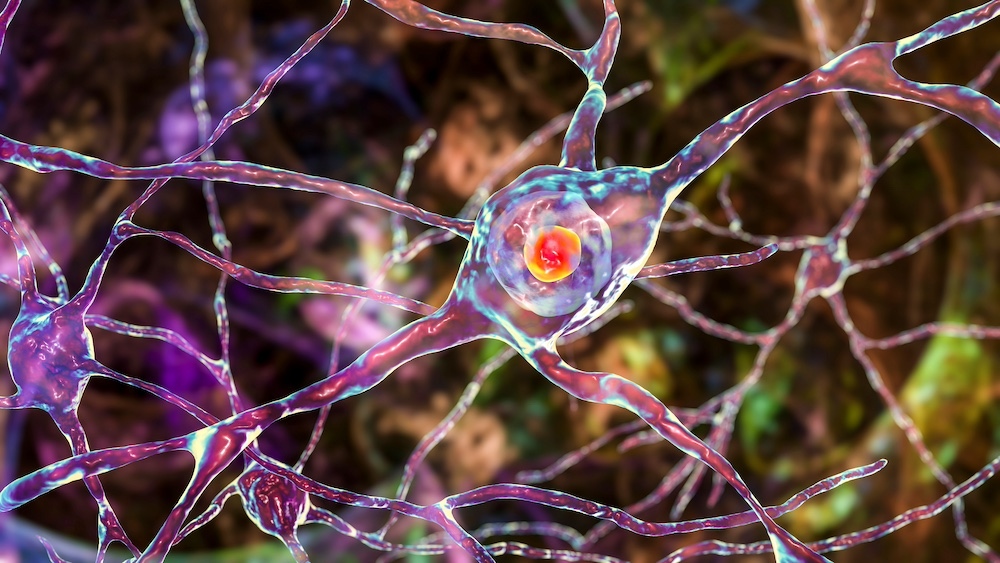Earlier, shorter trials showed tominersen to be safe and effective in reducing HTT levels in a small group of patients, but important differences in the phase three trial (which consisted of 791 participants) deliver key lessons for ASO treatments and Huntington’s disease.
The exposure to drug in the phase three trial was higher than in previous trials, which may have caused side effects such as inflammation, enlargement of the brain ventricles, and the release of neurofilament light (NfL) protein, impacting its efficacy. An increase in NfL in cerebrospinal fluid is now recognised as a safety biomarker thanks to this trial. The second key difference is that the GENERATION-HD1 trial tested tominersen in patients already displaying significant symptoms, indicating perhaps that it needs to be administered earlier in the disease course to have a benefit.
Prof Tabrizi explained:
“The early stopping of this trial was devastating for the Huntington's disease community at every level. Now the full and open publication of the results is important, as we will all learn from these data. They will inform new trial designs, dosing regimens, stage of disease to treat, and they are important too for the development of antisense oligonucleotides for gain of function adult neurodegenerative diseases on a wider level.”
The full results of the GENERATION-HD1 trial are now published in The New England Journal of Medicine. This includes a post hoc analysis suggesting that testing tominersen in smaller doses, on early-stage Huntington’s disease patients, has a better chance of delivering clinical benefit. A new phase two safety and dose-finding trial – GENERATION-HD2 – is already underway exploring this.
Prof Ed Wild added:
“While this first phase 3 trial of a huntingtin lowering therapy clearly didn’t produce the desired clinical outcomes, this publication of the trial’s full results is a crucial step to repay the selfless generosity of the patient volunteers, and will enable the community to continue to learn how to turn this new generation of therapeutics into a much-needed meaningful treatment.”
To find out more about Prof Sarah Tabrizi, visit her UK DRI profile or read our feature article on her MRC Millenium Medal award.
Source: UCL Huntington’s Disease Centre, UCL Queen Square Institute of Neurology
Reference: McColgan P, Thobhani A, Boak L, Schobel SA, Nicotra A, Palermo G, Trundell D, Zhou J, Schlegel V, Sanwald Ducray P, Hawellek DJ, Dorn J, Simillion C, Lindemann M, Wheelock V, Durr A, Anderson KE, Long JD, Wild EJ, Landwehrmeyer GB, Leavitt BR, Tabrizi SJ, Doody R; GENERATION HD1 Investigators. Tominersen in Adults with Manifest Huntington's Disease. N Engl J Med. 2023 Dec 7;389(23):2203-2205. doi: 10.1056/NEJMc2300400. PMID: 38055260.
Article published: 7 December 2023
Banner image: Kateryna Kon


